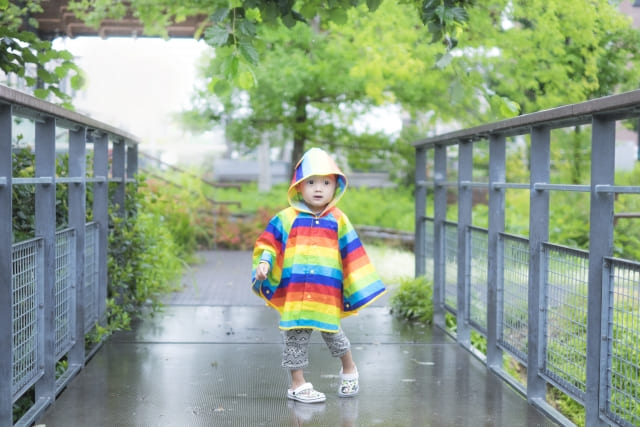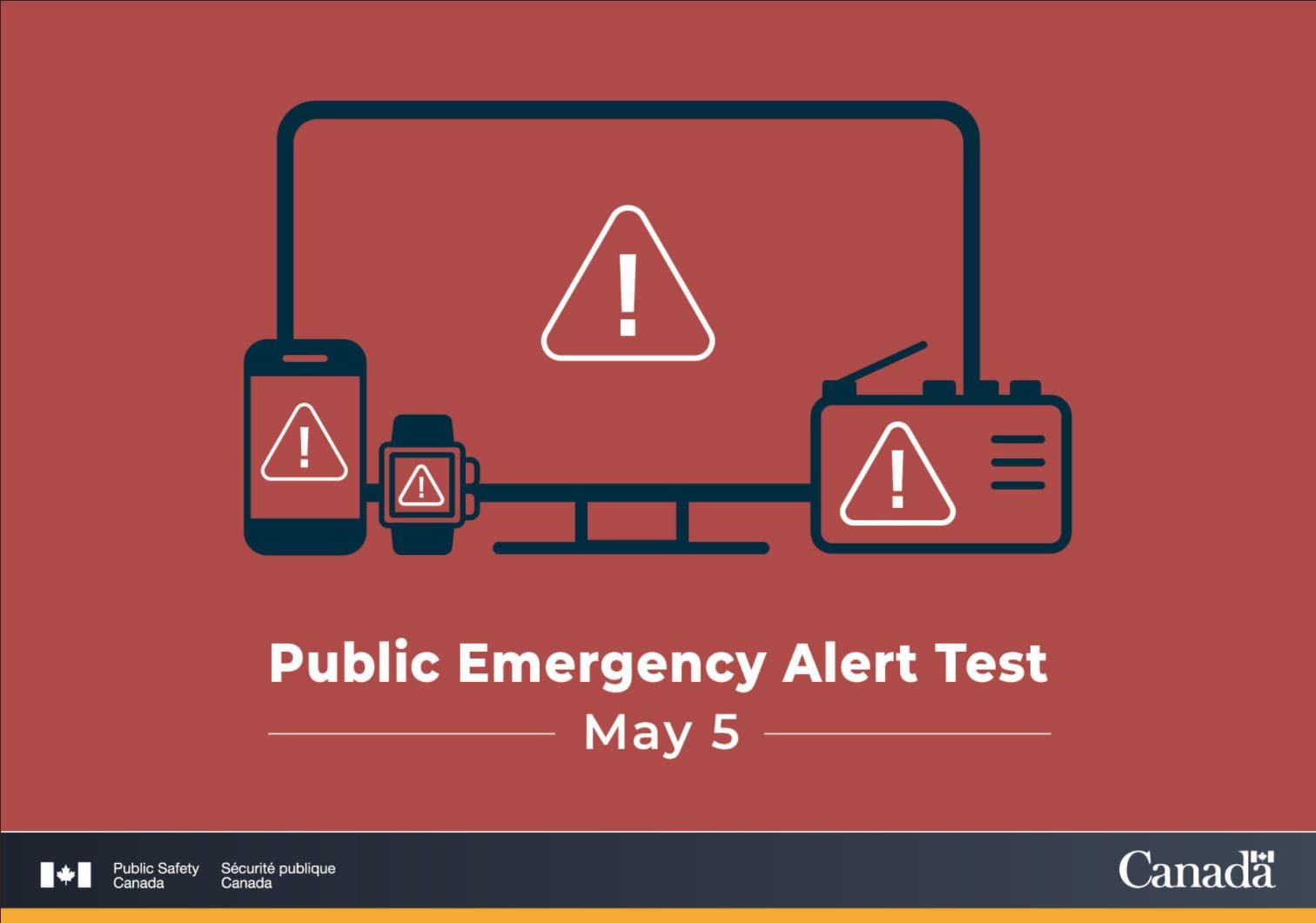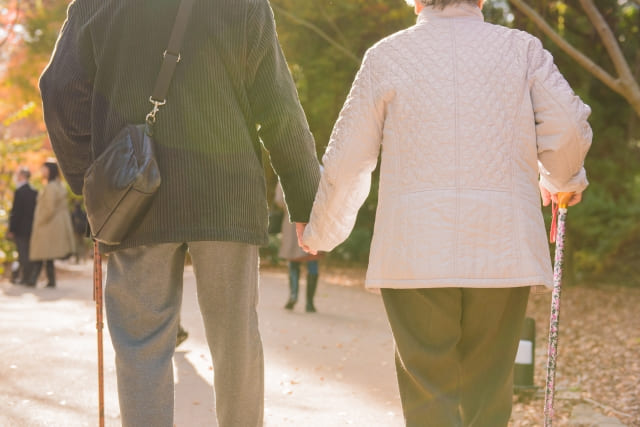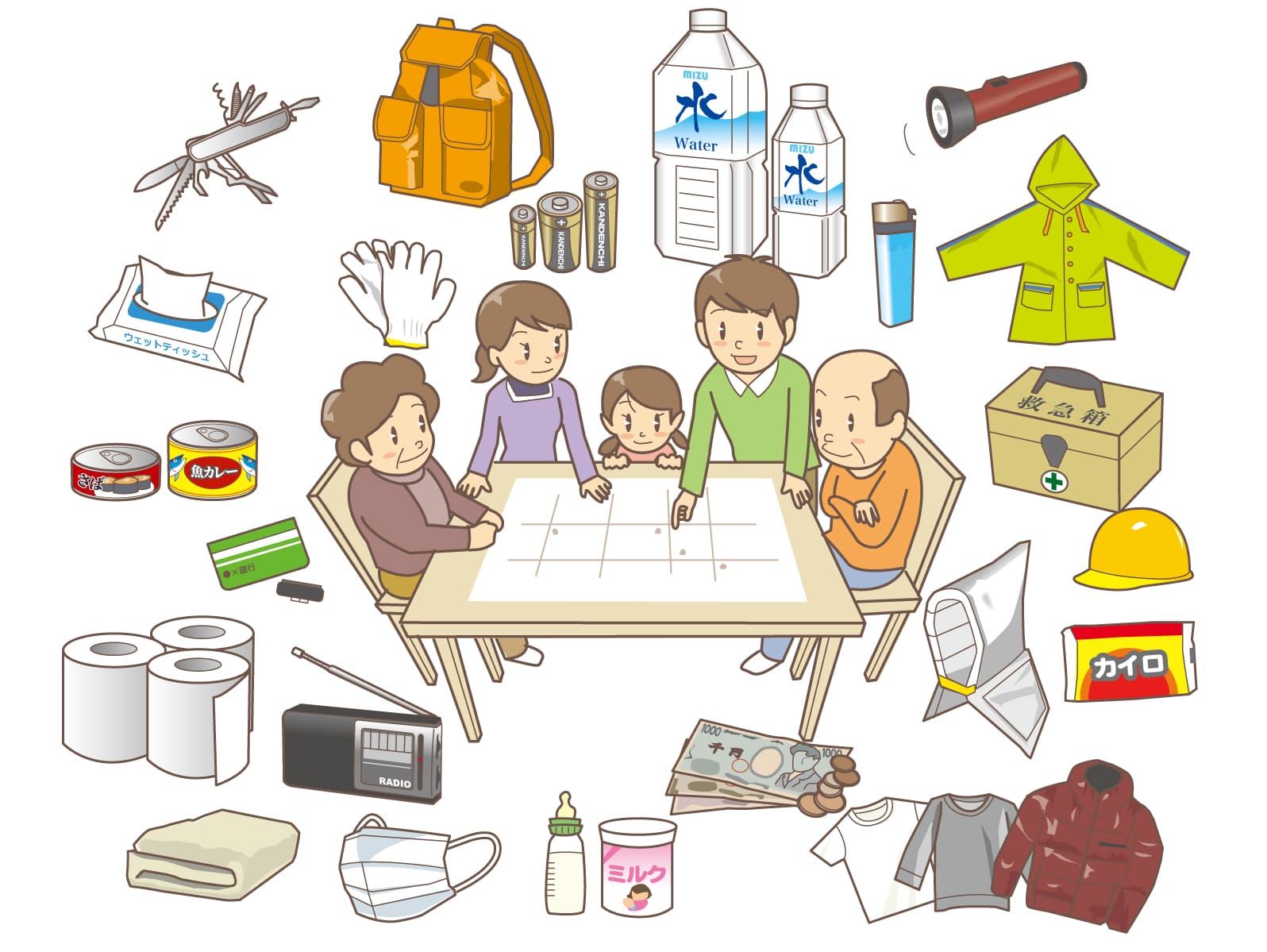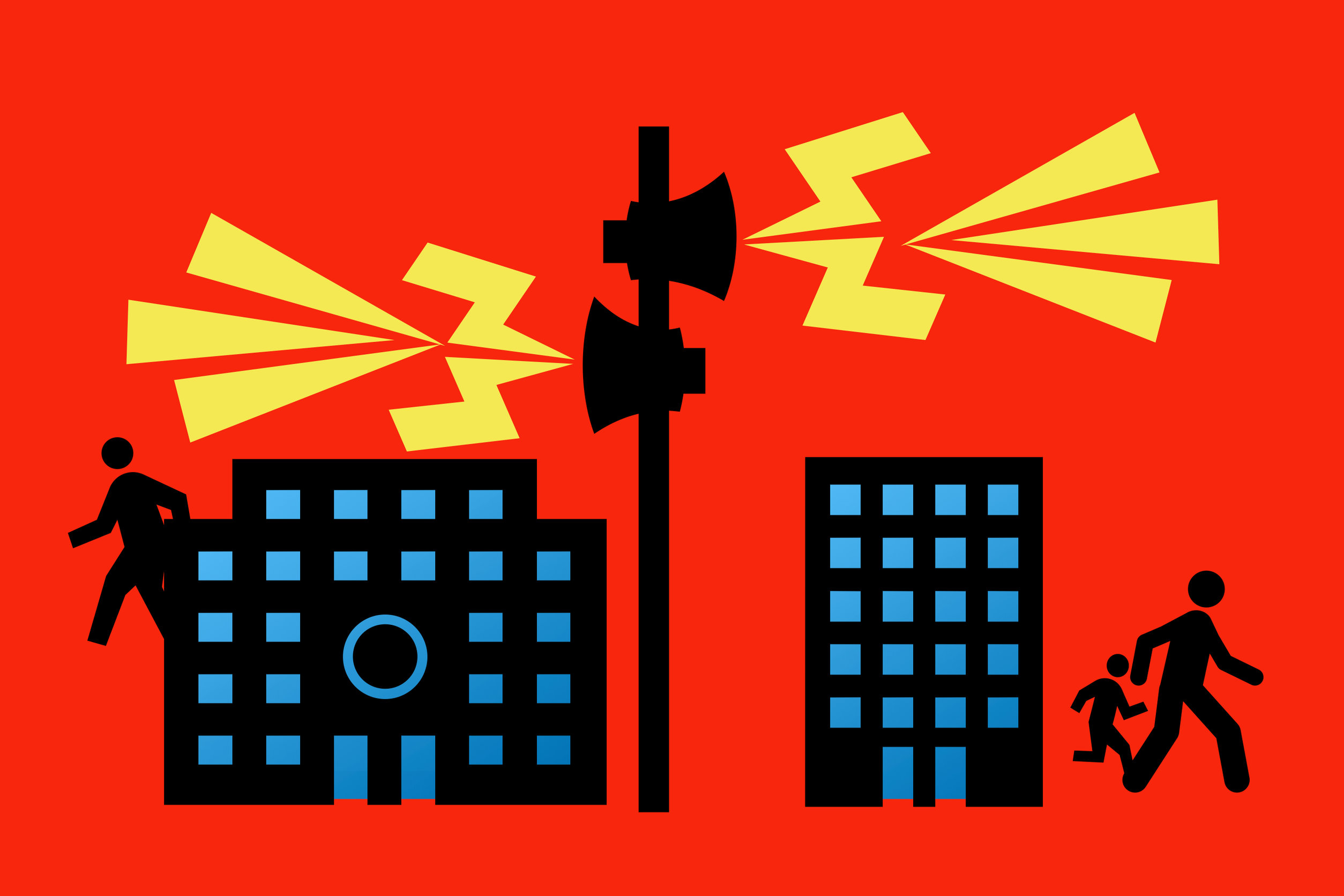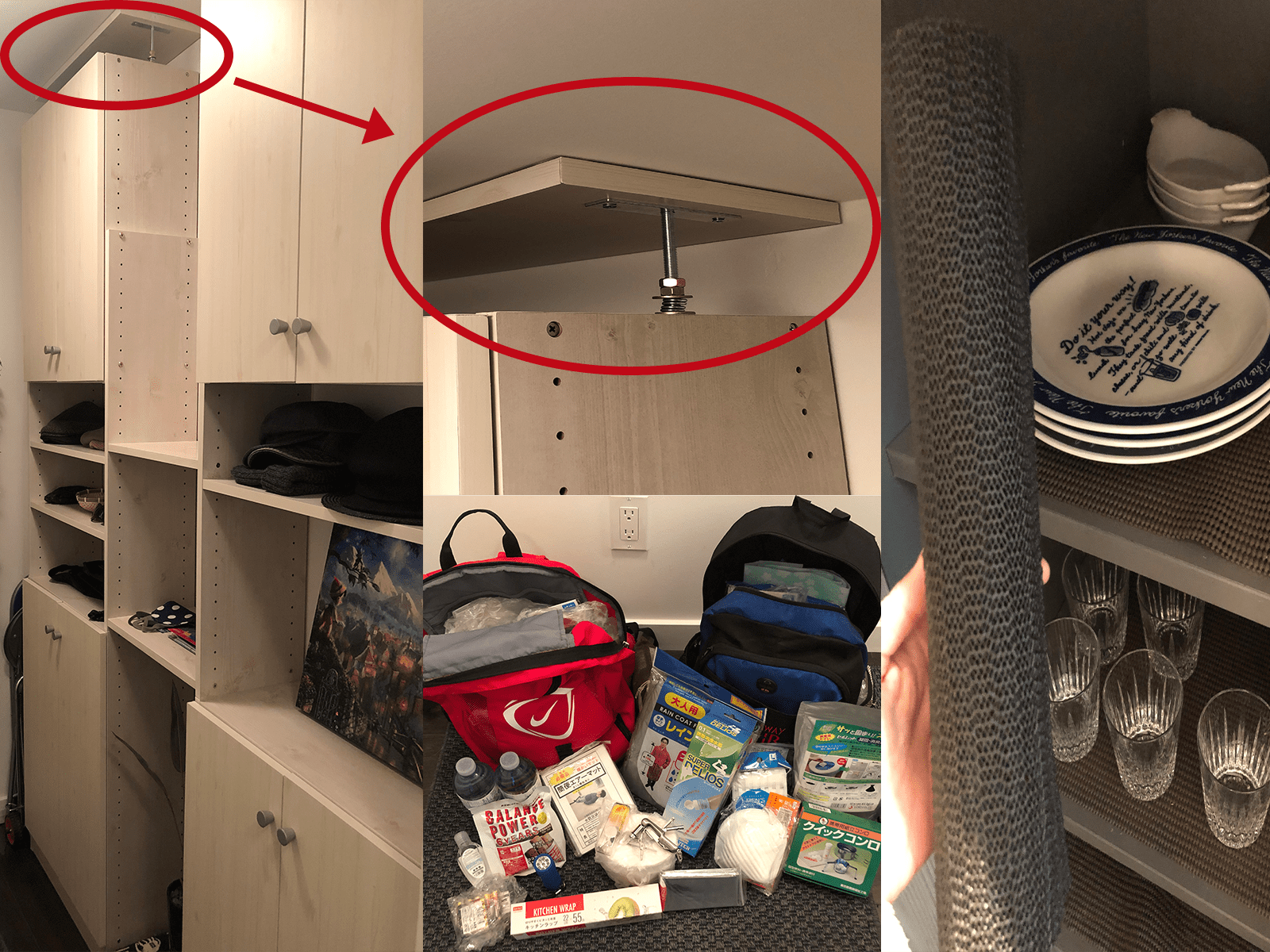
Wildfire season: from early April to late October
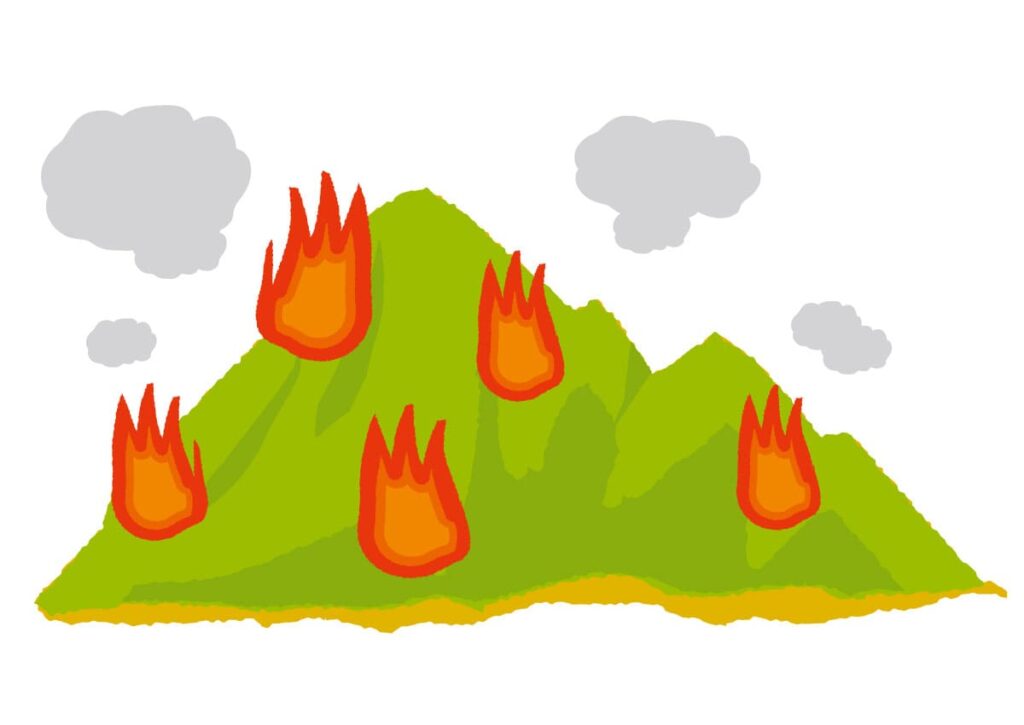
Smoky condition from wildfire is more and more common in the recent years. As wildfire burns through forests and grasslands, it produces dense smoke that can be a major source of toxic air pollutants.
Smoky conditions are persisting in some parts of #BC, which can impact air quality and pose health risks. The @CDCofBC has some great tips on how you can cope and stay healthy: https://t.co/scEG20pdix
— Prepared BC (@PreparedBC) July 31, 2021
(Image courtesy of https://t.co/OUG7TvBkgO) #BCwildfire pic.twitter.com/aC7AkwAsy6

It’s so smoky outside today. What is happening?

That is smoke from wildfire. If the air quality in your area is poor, make sure you stay indoor to avoid inhaling the smoke which could cause health issues.
Health Risks

Why do I avoid inhaling the smoke?

The wildfire smoke contains fine particles (that are not visible to the human eye) that penetrate deep into our lungs and bloodstream, sometimes leading to serious health effects.
- sore and watery eyes
- runny nose and sinus irritation
- scratchy throat and mild coughing
- headache
- shortness of breath
- wheezing (including asthma attacks)
- severe cough
- dizziness
- chest pains
- heart palpitations
Those at greater risk are:
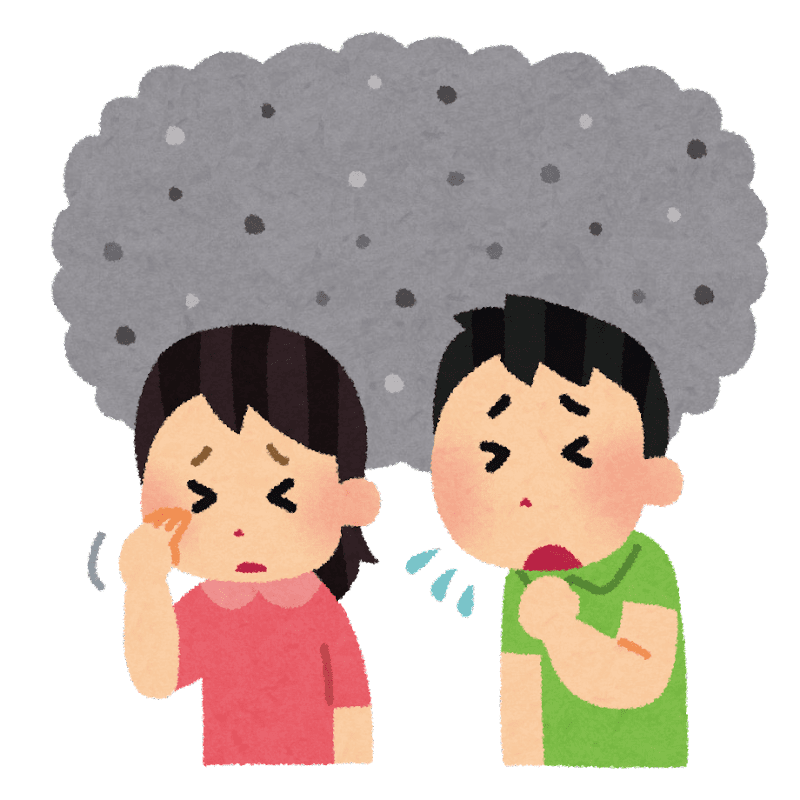
- small children
- pregnant women
- elderly
- people with lung or heart conditions
- people involved in strenuous outdoor work or sports
During heavy smoke conditions, everyone is at risk regardless of their age or health.
Air Quality Health Index (AQHI)

Air quality in your area can be monitored through various channels such as your local authority and climate/weather related channels. When the air quality in your area is poor, please refer to the guideline below or consult with your family doctor for additional advice.

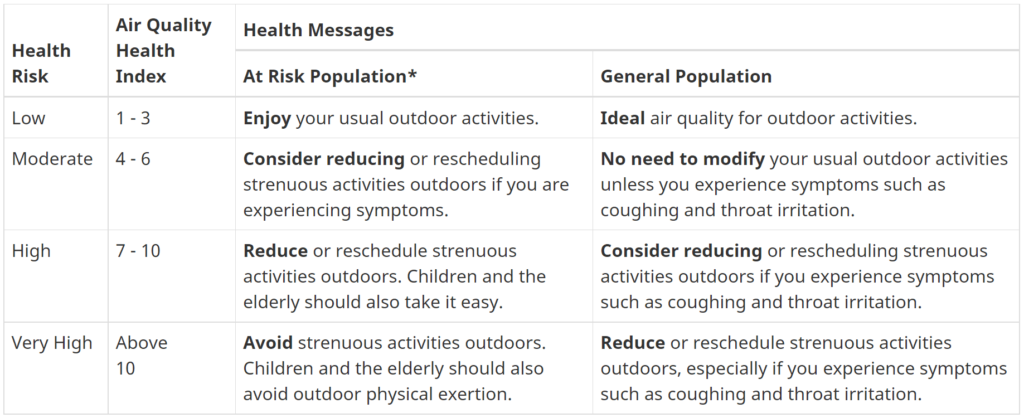
Source from Government of Canada: Understanding Air Quality Health Index messages
How do you protect yourself from the poor air quality?

Government of Canada and local authorities share tips to protect yourself from the wildfire smoke. Please see below for some of those tips and you can always read HERE for more information.
- Limit outdoor activity.
- Drink lots of water.
- (At home) Reduce sources of indoor air pollution.
- (At home) Prevent infiltration of outside air.
- Keep vehicle windows closed.
- Check in on others.
- If possible, leave the area.
- Consult your physician.

Thank you for the great tips! I was going to practice my hockey at my backyard but I will stay home today!

